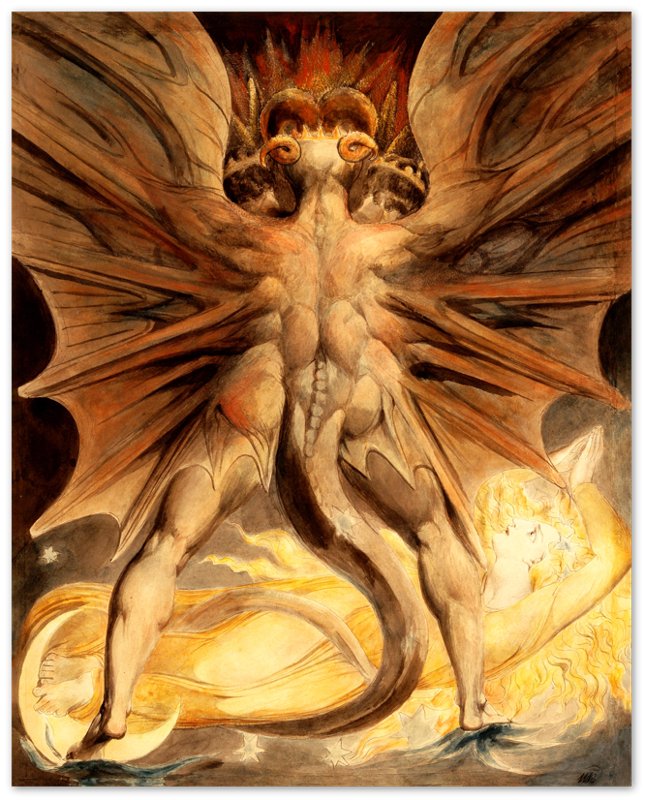First off, please let me apologize to subscribers and regular readers of “The Bible Guy,” as well as to all visitors, for my long absence: I injured the rotator cuff in my right shoulder, and the precise angle of my arm when I sat down at the computer was excruciating! However, I am now at last recovered, and able once more to write. So it is my intention to resume my usual bimonthly posts. Thank you for your patience!

Well, here we are. Again. Tuesday’s election reminded me once more that I am in a minority–not only among our national population, just over 50% (72,793,677) of whom voted for Mr. Trump, but especially among my fellow Christians:
Exit poll data from CNN and other news outlets reported that 72% of white Protestants and 61% of white Catholics said they voted for Trump. Among white voters, 81% of those identified as born-again or evangelical supported Trump, up from 76% in 2020 and similar to the 80% of support Trump received in 2016. . . . But Trump also won the Christian vote overall: 58% of all Catholics voted for him and 63% of Protestants, according to the early exit polls.
I hope that few of those Christian voters actually espouse Mr. Trump’s violent rhetoric toward immigrants and transgender persons even if they are concerned about immigration, and regard trans people as immoral. But those Christians for Mr. Trump need to understand the legitimate concerns that rhetoric poses for those communities–and indeed, given his threats against his political adversaries, even for an old white guy like me. Friends, I have been surprised and disappointed by elections before this (Reagan’s election in 1980, George W. Bush’s election in 2000 and re-election in 2004, Trump’s 2016 victory), but this is the first time in my life that an election has made me fear for my own safety, and the safety of those I love. I pray that our society is strong and stable enough to resist the turn toward fascism and autocracy that prevailed in Orban’s Hungary, or Putin’s Russia (two other “strong men,” both of whom are admired by Trump and by many of his supporters).
In these difficult days, I have been remembering a couple of old hymns that I grew up singing. One is a hymn of creation: “This Is My Father’s World,” written by Maltbie Davenport Babcock, and published after his death, in 1901. In the version I learned, the third verse is particularly apt to our present circumstance:

Among the peoples surrounding ancient Israel, it was common to imagine creation as a primordial battle between the creator god and the dragon in the sea: a monster of uncreated chaos. By defeating the dragon, the creator imposed order upon chaos, bringing into being an ordered, meaningful world.
God’s victory and rule over chaotic water is affirmed in our Bible as well. For example, Psalm 46:1-3 [2-4] affirms:
God is our refuge and strength,
a help always near in times of great trouble.
That’s why we won’t be afraid when the world falls apart,
when the mountains crumble into the center of the sea,
when its waters roar and rage,
when the mountains shake because of its surging waves.
But other biblical texts deny that chaos ever was truly overcome. The battle against chaos continues, and only at the end of the age will the dragon be defeated. So, Isaiah 24—27 describes our present age as a time of uncertainty and struggle. Only with the end of this world and the dawn of the next will the Divine Warrior finally prevail over the dragon:
On that day, the LORD will take a great sword, harsh and mighty, and will punish Leviathan the fleeing serpent, Leviathan the writhing serpent, and will kill the dragon that is in the sea (Isa 27:1).
Similarly, in Daniel 7, the prophet’s vision of the future begins with “the four winds of heaven churning the great sea” (Dan 7:2). The nations that had oppressed Israel in times past, and the terrible, final oppressor who is coming, are described as “beasts” that “emerged from the sea” (Dan 7:3). Little wonder that in the new heaven and new earth of John’s vision, “the sea was no more” (Rev 21:1)!
Our hymn recognizes the seemingly overwhelming power of wrong, yet nonetheless asserts God’s rulership: “This is my Father’s world,” after all. As the hymn says, “the battle is not done”! The Divine Warrior still opposes chaos, oppression, and cruelty; we are called to do so as well, confident that while we may not see the consummation, “God is the ruler yet,” and will prevail.
The second hymn much on my mind today was a favorite of my dear friend and colleague in United Methodist ministry Bruce Merritt, may light perpetual shine upon him: “Come Thou Fount of Ev’ry Blessing,” written in 1758 by Robert Robinson. It is not often sung today, largely because of its (to many) enigmatic second verse:
Here I raise mine Ebenezer;
hither by thy help I’m come;
and I hope, by thy good pleasure,
safely to arrive at home.
Jesus sought me when a stranger,
wandering from the fold of God;
he, to rescue me from danger,
interposed his precious blood.
“Ebenezer” is a biblical place name mentioned in 1 Samuel 4:1 and 5:1, although not explained until 1 Samuel 7:12:

As any beginning Hebrew student knows, ‘eben is Hebrew for “stone,” and ‘ezer means “help”–so, “Ebenezer” means “stone of help.” Ebenezer is a standing stone, erected to memorialize God’s deliverance of Israel from its enemies, the Philistines. In about half of its citations, ‘ezer is used as it is here, for God’s help in threatening times (see Exod 18:4; Deut 33:7, 29; Pss 20:2[3]; 70:5[6]; 121:1-2; 124:8; 146:5).
God has brought us this far, friends. God has come after us in the person of Jesus God’s son, to demonstrate God’s determination to keep coming after us and to stand by us to the end, no matter what. “Jesus sought me when a stranger, wandering from the fold of God”–or, as Paul wrote, “God shows his love for us, because while we were still sinners Christ died for us” (Rom 5:8). The cross is the proof of God’s abiding, unfailing, invincible love for us. Therefore we have hope, even in the midst of hopelessness. So let us raise our Ebenezer, right here, right now, and declare that, secure in God’s love and promise, we will stand up for those on the margins, as Christ has stood up for us.
Professor Tuell. I’m Wick Stansbury; a student of yours from RMC days. Just wanted to say thank you for your regular encouragement through this blog. Your faith, wisdom and kindness help me in my own journey.
I remember you, Wick! Thank you for those kind words–God bless you in the work to which Christ is calling you!